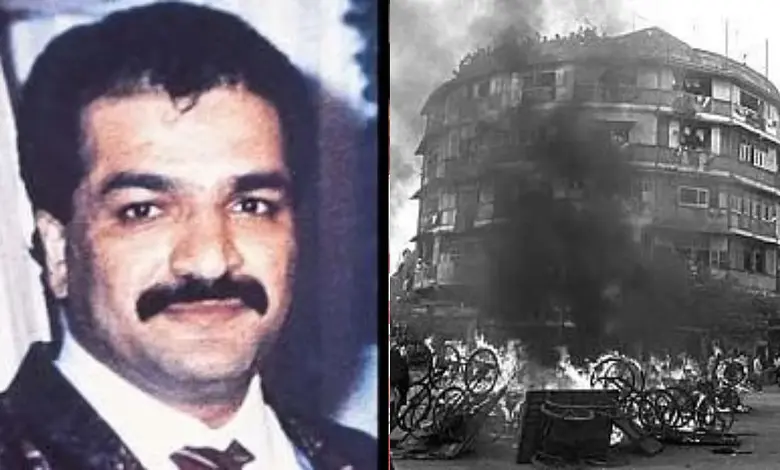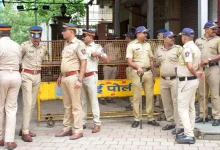Properties of 1993 Mumbai serial blasts accused Tiger Memon, his kin set to be auctioned

MUMBAI: In a move that revisits one of India’s darkest chapters, authorities are gearing up to auction off prime Mumbai real estate once owned by Javed Fakhruddin Memon, a central figure in the 1993 serial bomb blasts that shook the nation and claimed 257 lives. The proceeds, earmarked for victim compensation, underscore a long-overdue quest for justice three decades after the carnage.
The Bombay High Court has greenlit the sale of these assets, frozen under the Prevention of Money Laundering Act (PMLA) since 2015 by the Enforcement Directorate (ED). Javed, the younger brother of mastermind Tiger Memon, was convicted in 2007 for his role in smuggling arms and explosives from Dubai, alongside other co-conspirators. He received a five-year sentence and a hefty fine, but his properties remained under seizure as tainted gains from the terror plot.
Among the highlights is a sprawling 1,000-square-foot flat in the upscale Mahel Apartments on Mohammed Ali Road in Mahim, a nondescript address that doubled as a clandestine war room for the blasts’ orchestration. It was here, according to court records and witness testimonies, that Javed and his associates pored over maps, stockpiled RDX-laden vehicles, and fine-tuned the synchronized detonations across Mumbai landmarks like the Bombay Stock Exchange, Zaveri Bazaar, and Hotel Sea Rock.
The portfolio also encompasses two additional commercial-cum-residential units in the bustling Mohammed Ali Road vicinity, valued collectively at over ₹5 crore by conservative estimates from the ED. These include a ground-floor shop and another apartment, both seized for their links to the family’s illicit networks. The auction, supervised by the Mumbai crime branch under court mandate, is slated to commence within weeks, with bids invited through public notices in leading dailies.
ALSO READ : 2 Killed, 3 Injured After Being Hit By Local Train In Mumbai
This development follows a Supreme Court directive in 2022 urging swift liquidation of blast-related assets to aid survivors and families still grappling with trauma. “It’s not just about money; it’s restitution for scars that never healed,” remarked a senior ED official, speaking anonymously to The Free Press Journal. The blasts, executed on March 12, 1993, involved 12 car bombs and a scooter IED, paralyzing the city’s financial heart and igniting communal tensions.
Legal experts hail the auction as a milestone in anti-terror financing efforts, though challenges persist. Javed’s appeals against the seizures drag on in higher courts, potentially delaying distributions. Meanwhile, the properties—silent witnesses to conspiracy—stand as poignant reminders of Mumbai’s resilience amid infamy. As hammers fall at the auction, they may finally channel infamy into solace for the afflicted.




